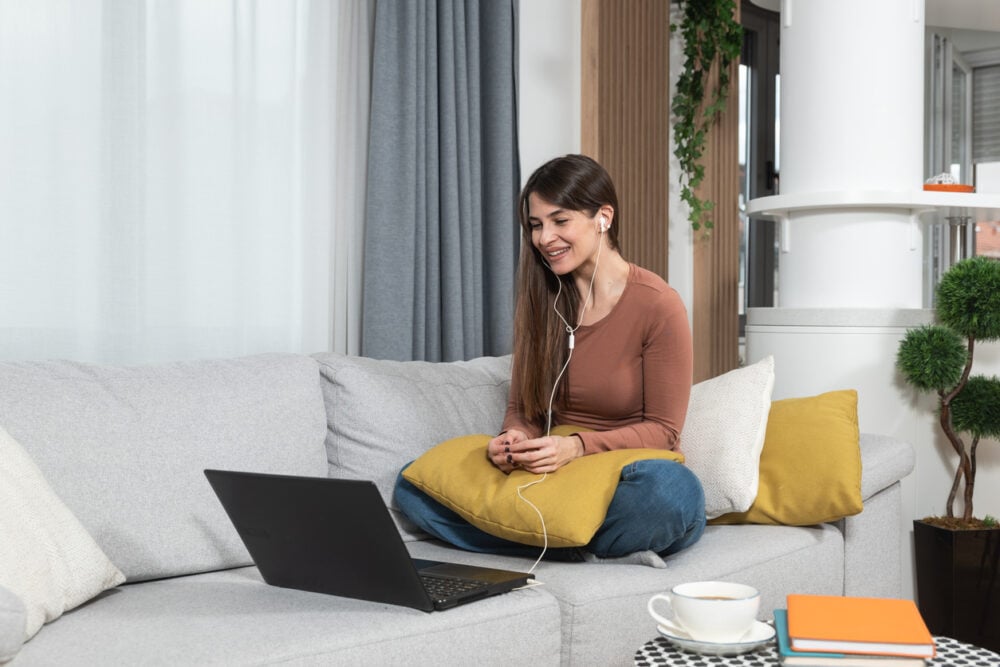AI is transforming medicine by detecting health problems before symptoms appear.

For years, medical diagnoses have depended on a doctor’s expertise, lab tests, and imaging scans—but AI is shaking things up in a big way. These smart systems can sift through huge amounts of medical data in seconds, spotting patterns even the most experienced doctors might overlook.
And it’s not just about improving diagnosis—AI can actually predict health issues before they even show up, giving people a chance to take action early and avoid serious problems. Whether it’s catching cancer in its earliest stages or flagging hidden heart conditions, AI is proving to be a game-changer in medicine. It’s not here to replace doctors, but it’s definitely making healthcare faster, smarter, and more proactive. Here are some of the most exciting ways AI is detecting health problems before they turn into major threats.








